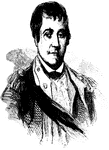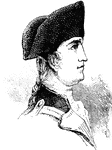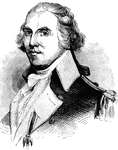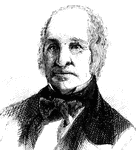Clipart tagged: ‘Colonel’
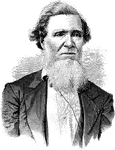
Colonel Vick
An portrait of Colonel Henry W. Vick who was known for his experimentation with various cotton seeds…
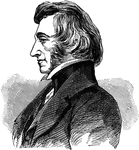
Charles Ellet
Charles Ellet, Jr. (1 January 1810 – 21 June 1862) was a civil engineer and a colonel during the…
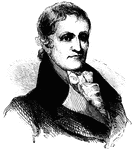
Joseph Habersham
(1751-1815) He served in the Revolution as lieutenant Colonel in the Georgia Continental Lines
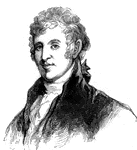
Colonel David Humphreys
(1753- ) Aid to Washington, colonel, and American ambassador to Portugal and Spain.
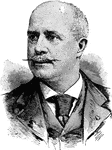
George Edwin Waring
George Edwin Waring was born in Poundridge, NY, July 4, 1833. He was agricultural engineer of Central…
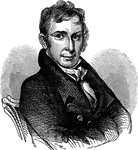
William Henry Winder
William Henry Winder (1775 – 1824) was an American soldier and a Maryland lawyer. He was a controversial…
